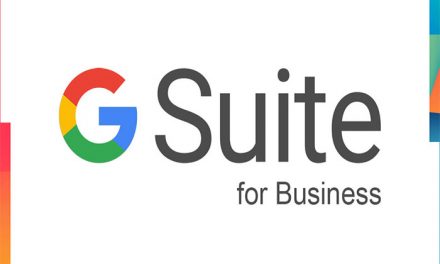There is an application for almost everything in your life. You want an app to track your caloric intake? You can get hundreds if not thousands, on the App Store or Google Play store. If you need an app to track your heart rate, monthly cycle, etc. They are all available on the respective app stores.
People are more willing to open up to their phones than doctors. Mobile devices have become part of life and know almost every detail about your life. People keep sharing information with these devices as they think they can trust them.
These devices are closeby every time, and it might be time to use them to track your hearing health.
Why is hearing health important?
When was the last time you had an appointment to have your ears checked? Once, twice, or maybe never? It’s not uncommon to overlook the ears when booking appointments for all other parts of the body.
Most people think that provided that their ears are working fine; they have no reason to consult a doctor. This might work for some, but the best approach is always prevention and early detection.
And since you don’t want to consult a doctor, you can try getting an app to monitor your hearing health. You rely on your ears for stability and knowing your whereabouts by picking up on sounds. Ears are also vital in the learning process of almost anything.
How will an app monitor your hearing health?
You’ll need a wide variety of apps; some include:
1. Hearing test apps
If you’re worried about your hearing and can’t afford to consult an audiologist, you can download an app to perform a hearing test. There are also online hearing tests. These tests typically take less than 10 minutes, and you can compare the results of several apps to see if you need to consult an audiologist.
There is no doubt that these apps are useful, but they can’t replace an audiologist. If you’re worried about your hearing health, book an appointment with an audiologist. If you don’t know where to find one, Phonak Hearing Care Specialist can help you find a specialist in your area.
In addition, these apps are not advisable for kids. If you think your child has a hearing problem, consult a pediatrician or audiologist.
If you choose to use these apps, ensure that you have relatively new headphones, and sit in a quiet place. The hearing test apps are accurate but not as accurate as an audiologist; thus, it would be wise to consult an audiologist regardless of the results.
2. Sound Level Meters
Hearing loss is typically associated with prolonged exposure to loud noises. Human ears can hear extremely loud sounds but at a high cost. If you’re exposed to loud sounds, it could result in noise-induced hearing loss (NIHL).
To prevent NIHL, you can avoid areas with loud noises or wear ear protection if you intend to stay in these areas for longer. Another alternative would be to download a sound level meter app to measure the sound level.
Sound pressure is similar to temperature and thus can go below zero. The unit of measure for sound pressure is decibels (dB). Normal breathing is about 10 dB, normal conversation is about 60dB, and a whisper is 30 dB.
These are everyday sounds and don’t cause NIHL unless at elevated levels. A dog bark is about 110 dB, a siren is 120 dB, and a gunshot ranges from 140-190 dB. Ideally, you want the sound level to be low as it allows you to listen for longer without ear damage.
A sound level meter app would help you keep track of the sounds around you, and you can move away, wear ear protection, or reduce the volume to prevent hearing loss.
Do you need these apps? You can always get noise measurement devices which are more accurate. However, these devices can cost upwards of $600 while the sound level meter apps are free. If they charge you anything, it will be a few dollars to unlock certain features.
Wrapping up
Start by acknowledging that there is noise around you and take the necessary measures to prevent NIHL. If it means downloading apps to get a hearing test or check noise levels, do so. Also, schedule a regular hearing screening for you and your family. It’s your hearing health, and it matters.
















